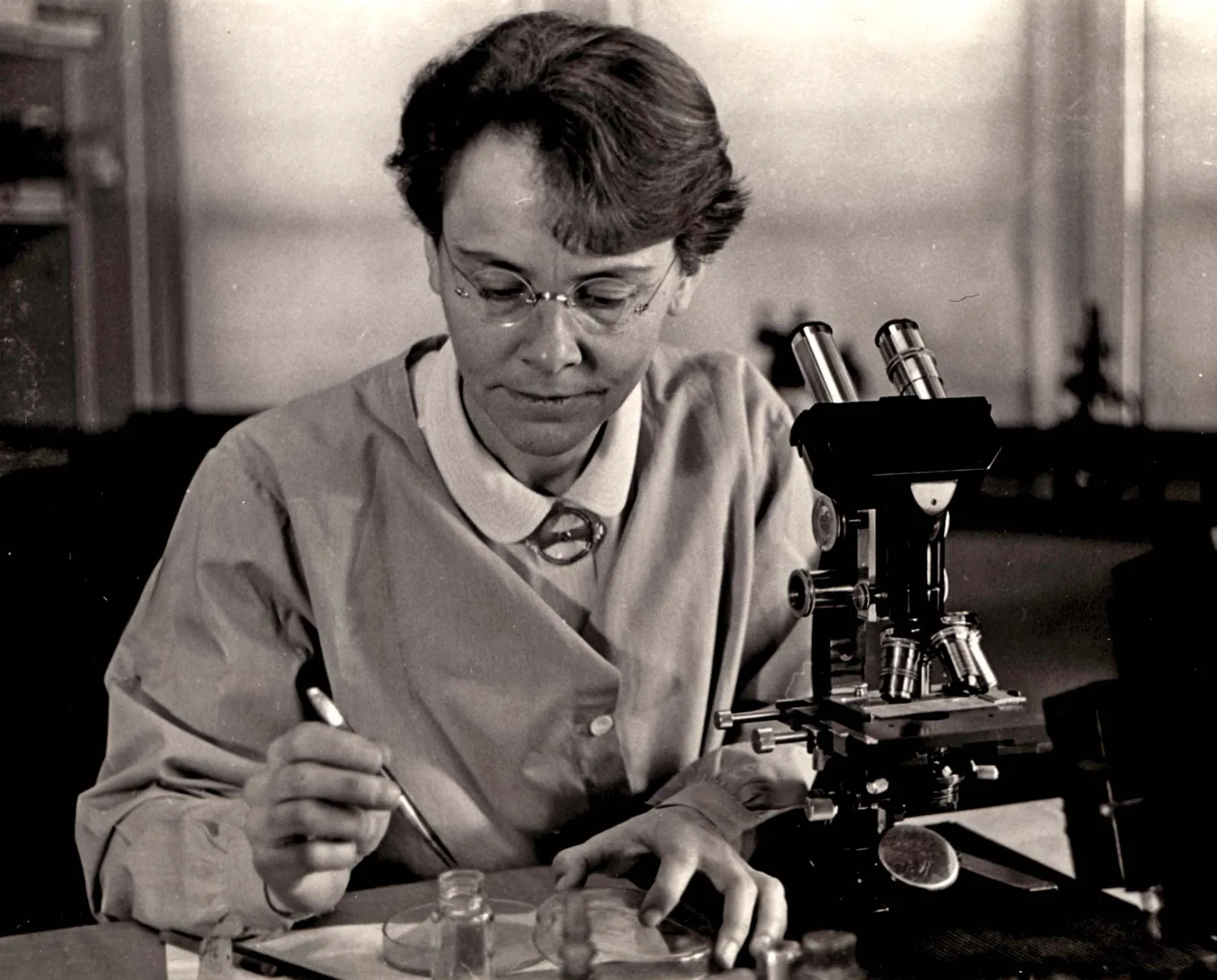
Barbara McClintock: Unlocking the Secrets of DNA
Mar 12, 2025As I reflected on the women I would write about for Women’s History Month, my son suggested Barbara McClintock. I was unfamiliar with her and asked him many questions. He explained how her genetic research on corn led to significant scientific advancements—I’ll save the details for the article. Immediately, I knew I needed to learn more about her and understand why I had never come across her name before. I was not disappointed.
Barbara McClintock was born in Hartford, Connecticut, on June 16, 1902. Like many women of her time, her parents believed that higher education was unnecessary for women, as their primary roles were expected to be as wives and mothers. However, Barbara was determined to pursue an education. In 1923, she earned a Bachelor of Science degree in Biology from Cornell University. She continued her studies, earning a Master’s degree in Cytology, Genetics, and Biology in 1925 and a Ph.D. in 1927.

Image grabbed from www.britannica.com
During her graduate studies, McClintock began working on chromosomal analysis of corn, which became her lifelong focus and passion. In 1931, she and Harriet Creighton published a paper titled "A Correlation of Cytological and Genetical Crossing-Over in Zea Mays," which laid the foundation for modern genetics. This work eventually earned her the Nobel Prize in Physiology or Medicine in 1983.
In 1939, McClintock was elected Vice President of the Genetics Society of America, and in 1944, she became its President. During her tenure, she focused her research on the coloration of corn kernels and discovered that genetic information is not static. She identified two controlling elements that could change positions within chromosomes, effectively turning genes on and off.
Her findings were considered too radical by her peers, most of whom were men, and she faced significant criticism. By the late 1940s, disheartened by the skepticism and dismissiveness of her colleagues, McClintock largely stopped publishing her work. Some even believed that she destroyed much of it.
However, in the early 1970s, with the discovery of DNA, McClintock’s research was finally recognized as groundbreaking. In 1983, she was awarded the Nobel Prize in Physiology or Medicine for her pioneering work. Without her contributions, our current understanding of DNA, as well as advancements in medicine, criminal justice, and food science, would not be possible.
McClintock never married, choosing instead to dedicate herself entirely to her research. She recognized the critical importance of her work and viewed it as her greatest gift to science. Despite publishing only 88 papers—far fewer than the full scope of her research due to the backlash she faced—her influence was profound.
Howard Green, a friend and fellow scientist, wrote an "In Memoriam" piece reflecting on McClintock’s life. He described her as someone who deliberately chose solitude, with her work as her constant companion. While some saw her as eccentric and others as a heroine of science, he viewed her as a champion for women, a normal person who experienced frustrations, tears, and even bouts of depression.
Barbara McClintock changed the course of human history. Her work provided the foundation for modern genetics, paving the way for discoveries that revolutionized medicine and science. At a time when societal expectations for women were rigid, she defied the norm, clearing a path for future generations of women in science. Today, we owe many scientific advancements to her perseverance. But beyond that, she helped open doors for women in technology, STEM, and research. By encouraging young girls to follow in the footsteps of this remarkable scientist, we ensure that her legacy continues to inspire future generations.
Additional Resources and References
🔗 Britannica | Barbara McClintock
🔗 Prize in Physiology or Medicine 1983 – NobelPrize.org
🔗 Barbara McClintock Papers – American Philosophical Society (Accessed February 17, 2025)
🔗 National Library of Medicine Profile on Barbara McClintock
🔗 In Memoriam – Barbara McClintock, Nobel Prize Outreach (Accessed February 17, 2025)
